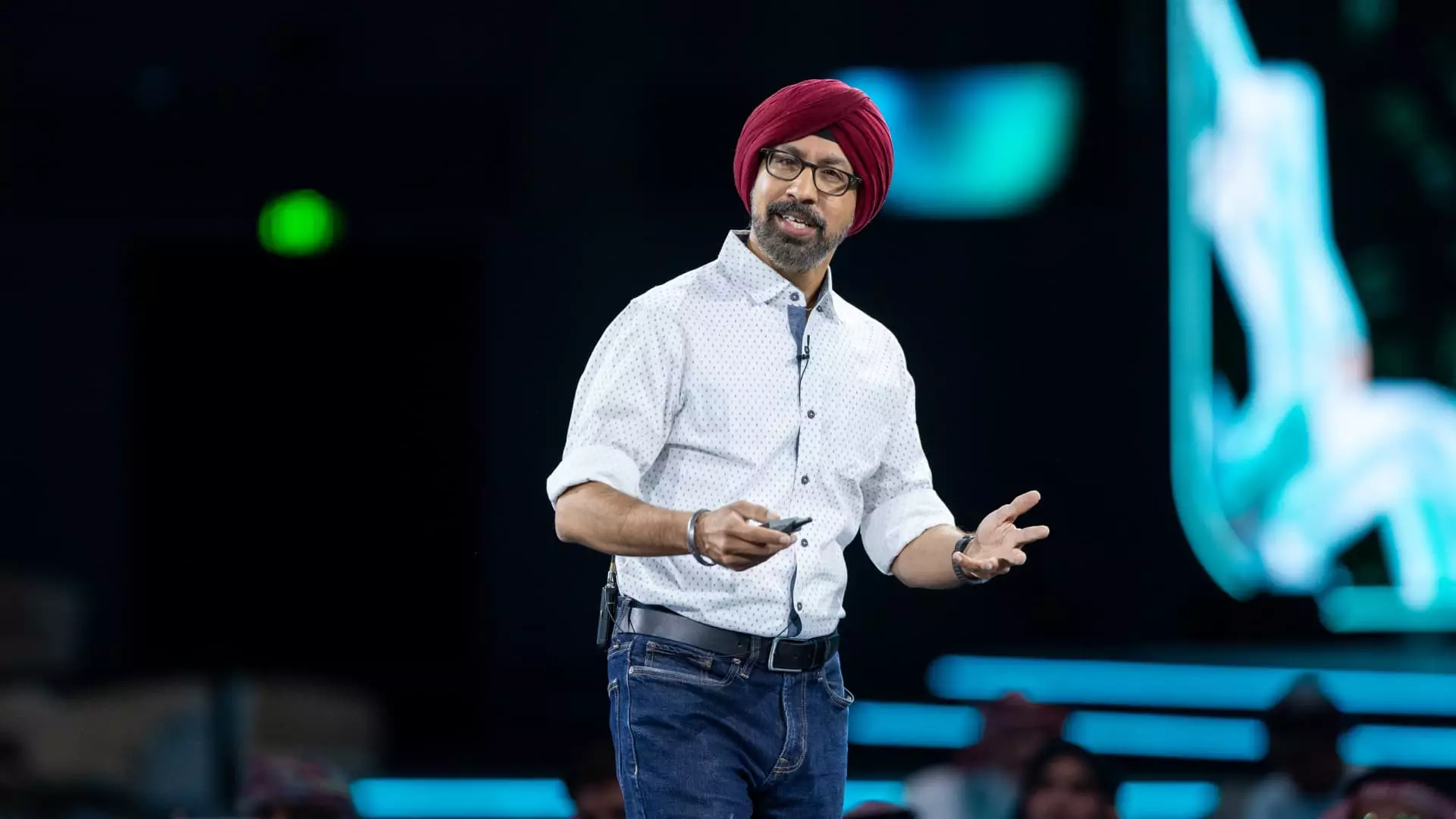In a significant stride towards enhancing clinical efficiency and healthcare delivery, health-care artificial intelligence (AI) startup Suki has forged a partnership with Google Cloud. This collaboration marks a pivotal juncture in Suki’s trajectory, enabling the company to transcend its initial focus on clinical documentation. By leveraging Google Cloud’s advanced Vertex AI platform, Suki is poised to develop patient summary and Q&A functionalities—tools that are set to redefine the interaction between healthcare providers and patient data.
This alliance not only emphasizes the growing role of AI in healthcare but also underscores the demand for more sophisticated tools that alleviate the burdens of administrative tasks that plague clinicians. As the healthcare sector grapples with increasing workloads and the associated threat of clinician burnout, innovative AI solutions such as Suki’s offerings are becoming critical.
At the heart of Suki’s portfolio is its flagship product, Suki Assistant. Designed as a virtual companion for physicians, this tool automates the compilation of clinical notes from patient visits, liberating doctors from the tedious task of manual documentation. Suki’s founder and CEO, Punit Soni, emphasizes that the goal from the initial stages was never to be merely a documentation tool; rather, Suki aims to serve as a comprehensive assistant capable of performing various tasks that enhance patient care.
With the integration of capabilities powered by Google Cloud’s AI, Suki Assistant is now evolving to allow healthcare professionals to interact more dynamically with patient information. The introduction of patient summaries streamlines access to vital biographical data, visit history, and presenting health issues—all retrievable with just a single click. Such improvements could potentially save clinicians valuable time—estimated at 15 to 30 minutes per consultation—that they would otherwise spend scouring through records.
Suki’s innovative Q&A feature adds another layer of utility, allowing healthcare providers to engage with patient data in an intuitive manner. As clinicians seek answers to specific queries—ranging from historical lab results to vaccination records—they can submit direct prompts within the platform. This functionality is designed to provide immediate access to relevant information, thus fostering a more responsive healthcare environment.
The initial trial of this Q&A function has been made available to a select group of clinicians, with broader implementation slated for early next year. Soni indicates that while the current iteration is focused on individual patient data, there are ambitious plans to expand this feature’s capabilities, with an eye toward more comprehensive applications in the future.
One of the underlying motivations for Suki’s advancements in AI integration is the pressing issue of clinician burnout—a condition exacerbated by overwhelming administrative responsibilities. With approximately 350 healthcare systems and clinics already using Suki’s technology, the startup has experienced remarkable growth, tripling its client base within a year. This trend reflects a broader move within the healthcare industry to seek solutions that diminish administrative burdens and enhance job satisfaction among healthcare workers.
Moreover, Soni highlights that these enhancements will not carry additional costs to current customers, suggesting that Suki’s commitment to improving the healthcare experience extends beyond mere profitability. Instead, the company aims to contribute to a larger trend in health care—the ‘AI-ification’ of processes that prioritize efficiency, accessibility, and positive outcomes.
The partnership between Suki and Google Cloud represents a significant leap forward in the application of AI within the healthcare landscape. As Suki continues to build upon its platform, the implications of these innovations are vast. By optimizing how healthcare providers access and utilize patient information, they are not only enhancing the quality of care but also paving the way for a more sustainable and fulfilling work environment for clinicians. As the healthcare sector at large looks toward a future increasingly influenced by technology, Suki’s initiatives will undoubtedly play a critical role in shaping that evolution.

